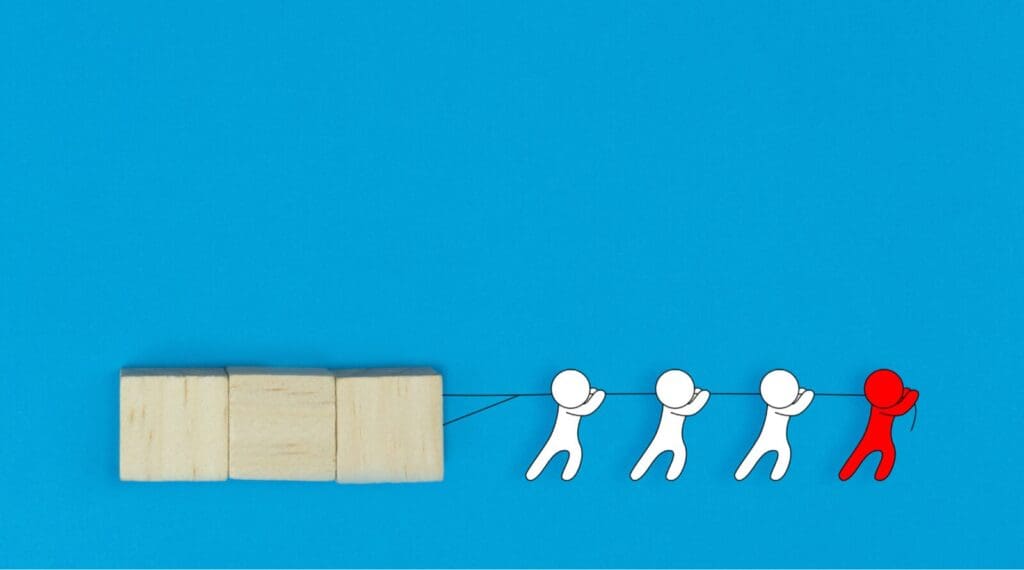What does Leadership mean?
Leadership is the competence to influence and/or persuade others to perform tasks or complete activities.
Leadership is the capacity to translate vision into reality.
1.
Old Power
But have we always explained leadership this way? Prior to 1800s CE, the notion of leadership was regarded with classical deference and acquiescence to rulers, tyrants, monarchs, and even slave-masters. Coupled with poor life expectancy, daily life for most of us meant enduring the drudgery of survival under oppression.
From this point forward, the development of democracy and human rights grew and strengthened. Still a choppy erratic ride for the world, but the inroads democracy has made have changed how we perceive leadership and how we see it working.
In many countries, ordinary humans received fundamental freedom of speech, movement and the right to vote in fair and free elections. Diminished was the power of the rich landowners and royalty who saw it as their god-given right to rule without reference to the ‘masses’.
They deemed to be in charge and lead was a privilege, not a right, but they were then faced with those ordinary humans having expectations of freedom, justice and equality in society.
Seismic events like the French Revolution, the American Revolution, and the Industrial Revolution led to a growth of Trade Unions and suffrage for ordinary men and women combined with the appearance of business owners and entrepreneurs generating their own money through ingenuity and business prowess. Thus lessening the leadership of privilege.
Ordinary Democracy
During this period of several hundred years, democratisation was a slow, imperfect process. Today, in observing the world, it is still an inconsistent, flawed and slow journey to common democracy across the world. Leadership of today reflects this journey. We may consider someone a leader because of a formal relationship, through rank – money, managerial position or royal heritage. Or instead, a leader can be informal, someone who steps up and provides guidance from within a group, not the person who has authority. Or a leader can earn their ‘stripes’ by leading through distinguished example.
Although talked and written about, we describe leadership as one of the least understood concepts across all cultures. The contemporary leadership concept is new. Many leadership theories discuss the different leadership styles or types and the best qualities associated with leadership.
Historically, leadership was about power over others and, to some extent, this is still true today. However, nowadays, it can be with a healthy dose of democracy thrown in!
Organisations reflect society and to grow, develop, even survive, they have had to become more democratic. This has affected leadership styles. Though autocratic styles still exist, there is a whole plethora of leadership theories telling us what a good and/or successful leader profile is today.
How do leaders get to lead today? Research tells us that nowadays, on the whole, although leadership is certainly about power, power does not always get to “lord it” over people. Rather, it is a power with the people that exists as a reciprocal relationship between a leader and his/her followers. 2
Also, measuring leadership has proven difficult, even impossible. Different perceptions of leadership may lead to various measuring methods. Leadership theories continue with a reluctance to abandon vague, subjective popular concepts of ‘leaders’. 3
We may be link this to the idea of leaders as heroes popularised in the mainstream narrative of histories, stories, movies and books. There are examples where hero can be justified, e.g., when faced with extreme events, like a war. Those leaders stepping up to deliver do indeed become heroes.
Maybe leadership is about discovering the leading theories and tools to go about setting the best example to others and determining your inner hero.
References:
- Warren Gamaliel Bennis (1925 – 2014) American scholar, consultant, author,.
- Forsyth, D. R. (2009). Group dynamics (5th ed.). Pacific Grove, California: Brooks/Cole.
- Gardner, J. W. (1965). Self-Renewal: The Individual and the Innovative Society. New York: Harper and Row. Bennis, W. G. (1975). Where have all the leaders gone? Washington, D.C.: Federal Executive Institute.
© 2022 Lifexpression Limited All Rights Reserved
© 2022 Shutterstock.com. © 2022 Envato Pty Limited


